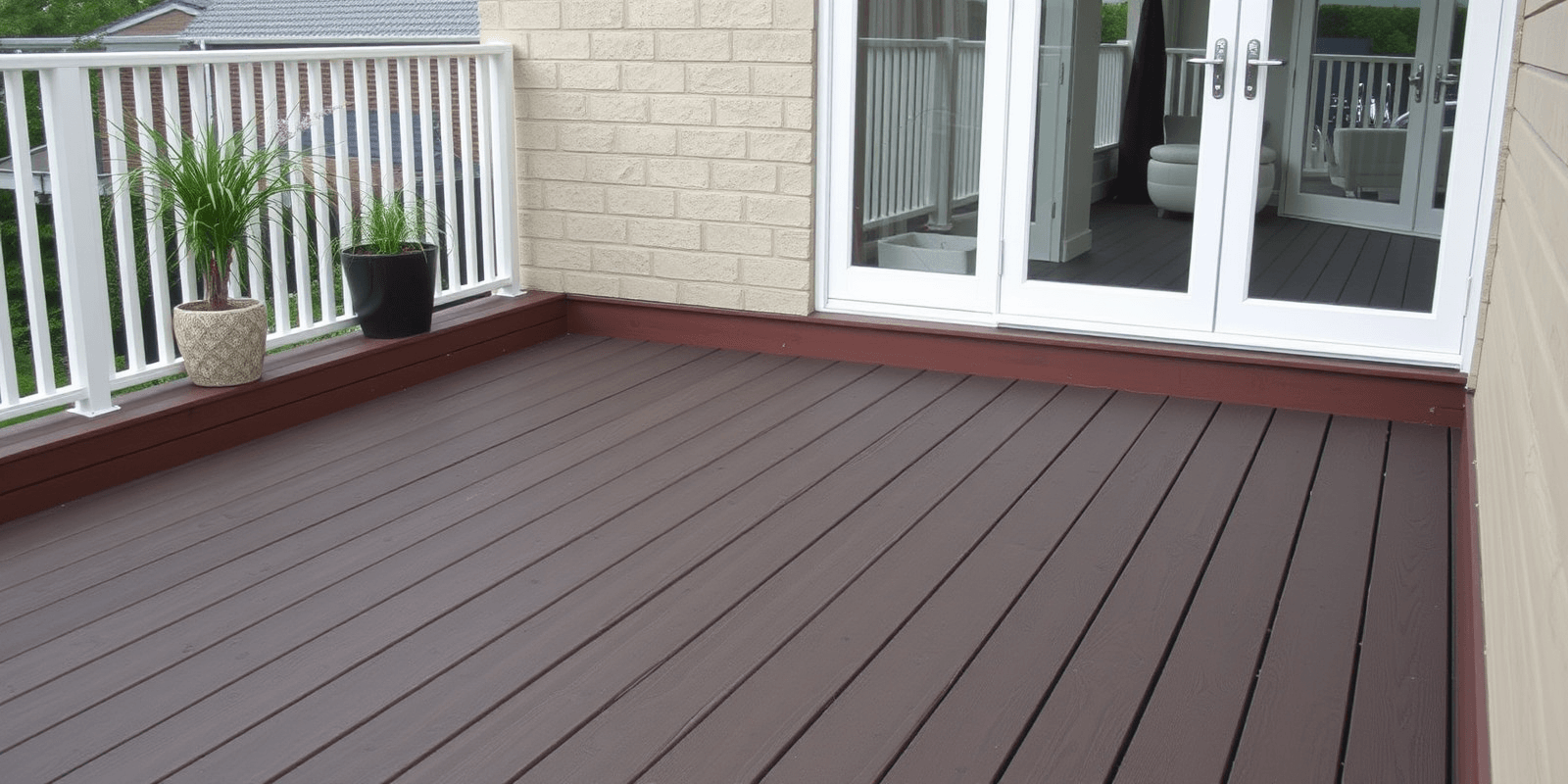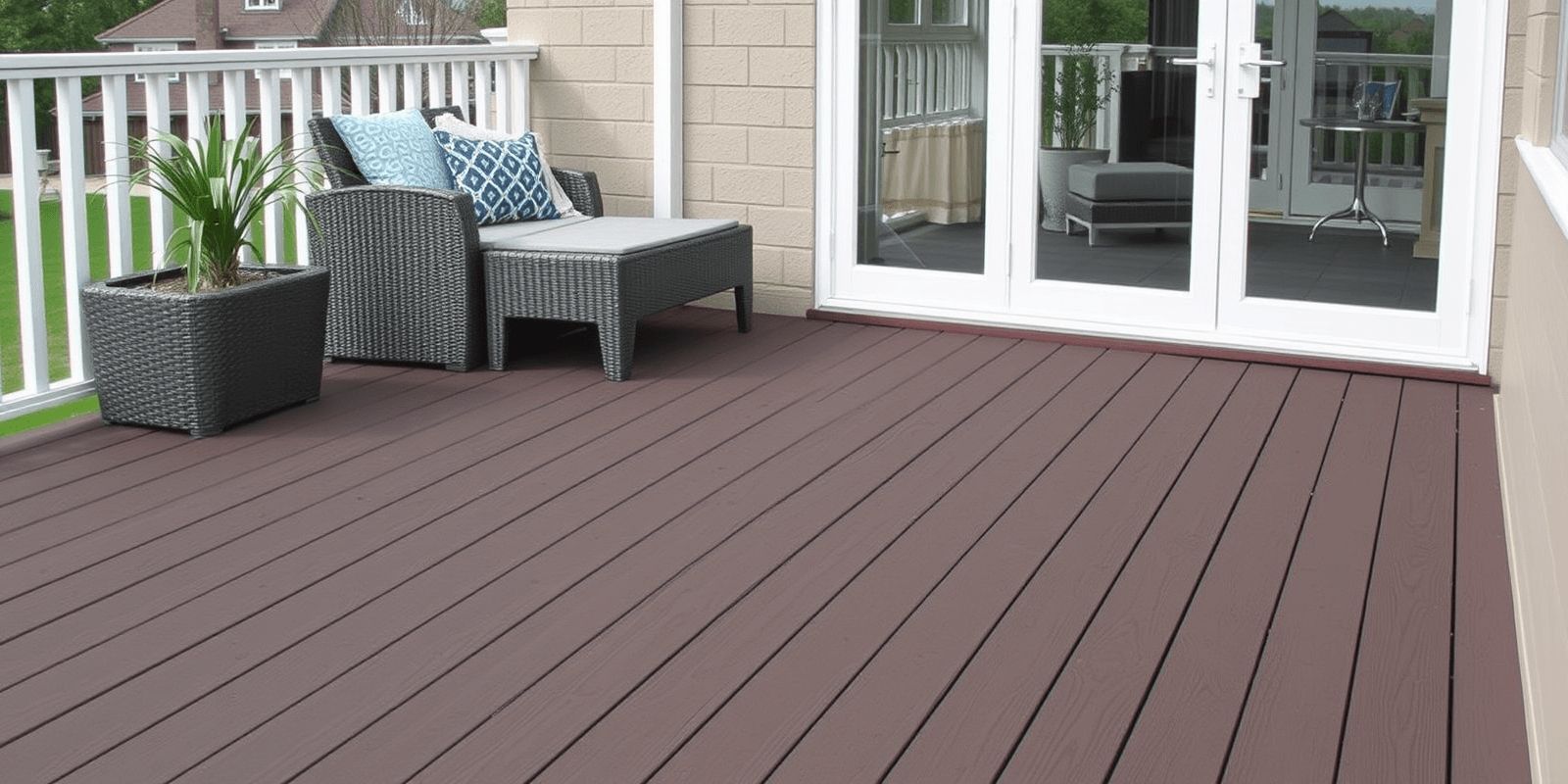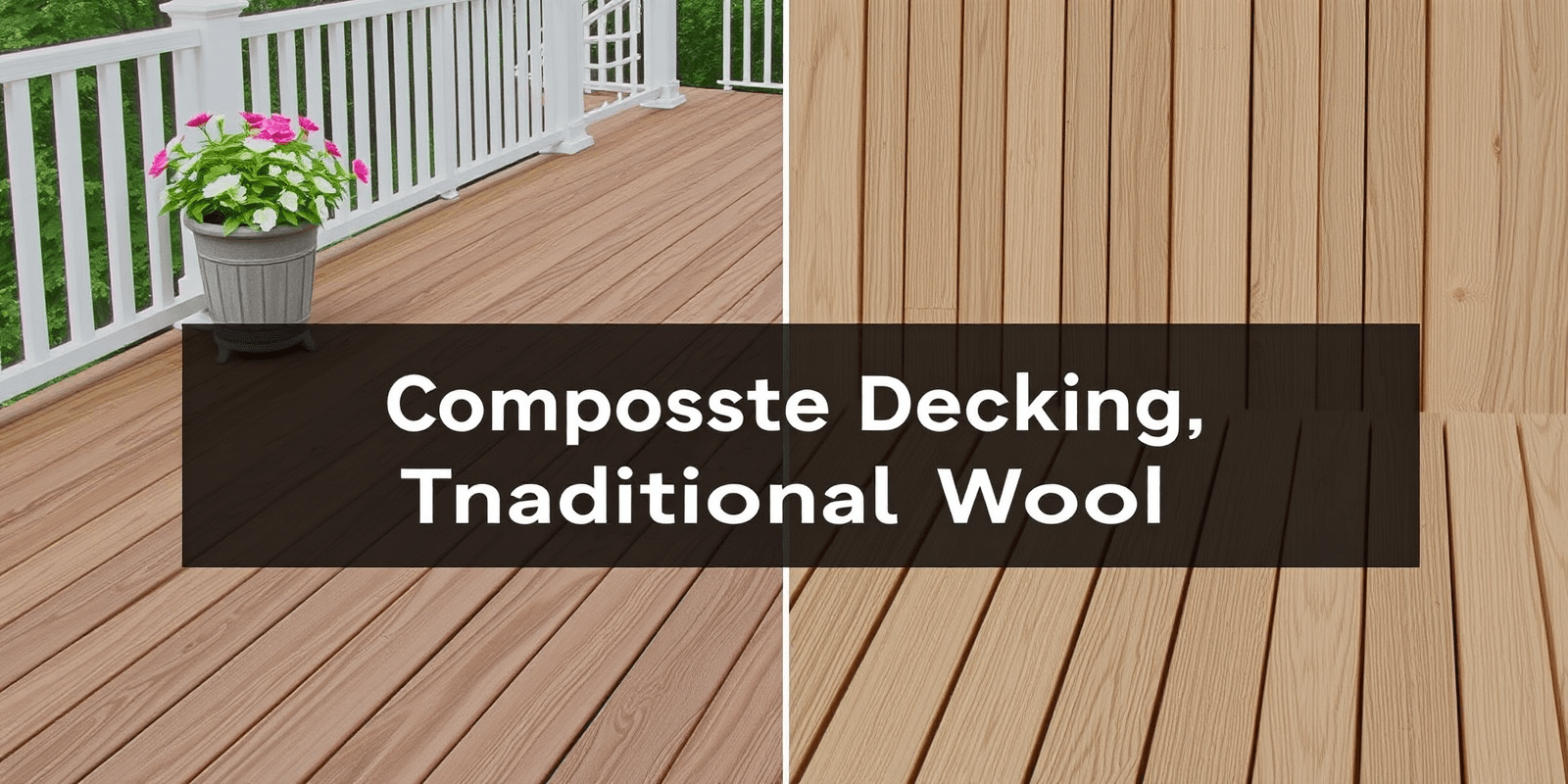Wood Plastic Composite Decking NZ: A Sustainable Choice for Your Home
Introduction
In New Zealand, where sustainability is increasingly becoming a priority, homeowners are looking for ways to reduce their environmental footprint without compromising on aesthetics or functionality. One such solution that has gained significant traction is Wood Plastic Composite (WPC) decking. This article delves into the eco-friendly aspects of WPC decking, highlighting its advantages over traditional wood decks and exploring its positive impact on the environment.
Advantages of WPC Decking Over Traditional Wood Decks
Traditional wood decks require regular maintenance, including sealing and staining, to protect them from weathering and pests. However, WPC decking offers several key benefits that make it a more attractive option for homeowners:
- Low Maintenance: Unlike traditional wood, WPC does not require painting, sealing, or staining, reducing the need for chemicals and labor.
- Durability: WPC decking is highly resistant to moisture, rot, and insect damage, ensuring a longer lifespan compared to untreated wood.
- Environmentally Friendly: WPC decking is made from recycled materials, including plastic and wood fibers, which helps divert waste from landfills and reduces the demand for virgin timber.
The Environmental Impact of WPC Decking
One of the most compelling reasons to choose WPC decking is its positive impact on the environment. Traditional wood decks contribute to deforestation and habitat destruction, whereas WPC decking provides a sustainable alternative by utilizing recycled materials.
According to a study published in the Journal of Cleaner Production, the production of WPC decking results in lower greenhouse gas emissions and energy consumption compared to traditional wood decking. Additionally, the use of recycled plastics in WPC decking helps reduce the amount of plastic waste in landfills and oceans.
Why WPC Decking is a Sustainable Choice for Homeowners in New Zealand
As New Zealand continues to prioritize sustainability, WPC decking aligns with these values by offering a durable, low-maintenance, and environmentally friendly option for outdoor living spaces. By choosing WPC decking, homeowners can enjoy the beauty and functionality of a deck while contributing to a more sustainable future.
Furthermore, many WPC decking manufacturers in New Zealand are committed to using locally sourced materials and implementing sustainable manufacturing practices, further enhancing the eco-friendliness of their products.
Conclusion
Wood Plastic Composite (WPC) decking presents a compelling alternative to traditional wood decks, offering numerous benefits for both homeowners and the environment. Its durability, low maintenance requirements, and reliance on recycled materials make it a sustainable choice for those looking to enhance their outdoor living spaces while minimizing their ecological impact.
By opting for WPC decking, New Zealand homeowners can embrace a more sustainable lifestyle and contribute to a greener future for generations to come.



